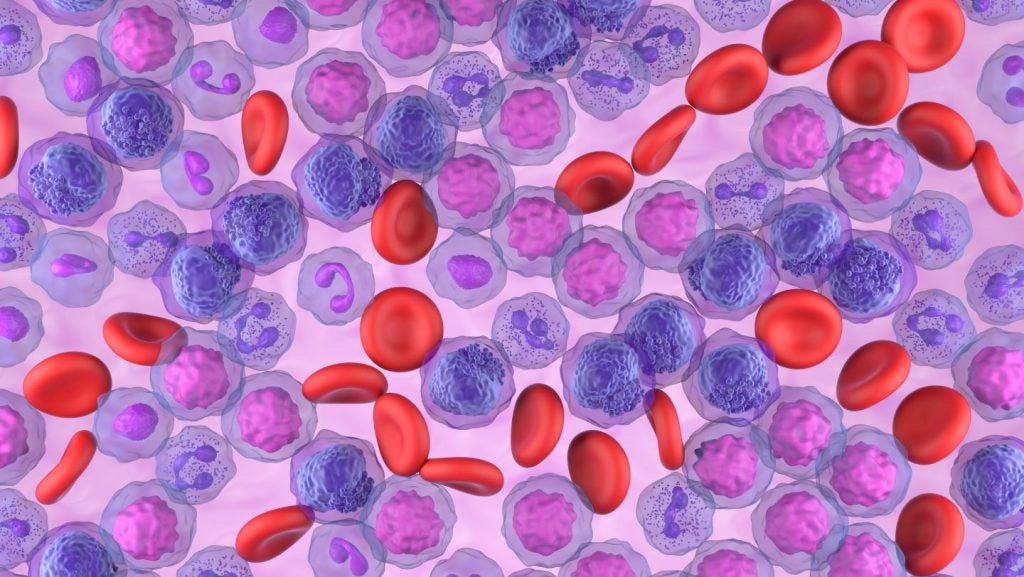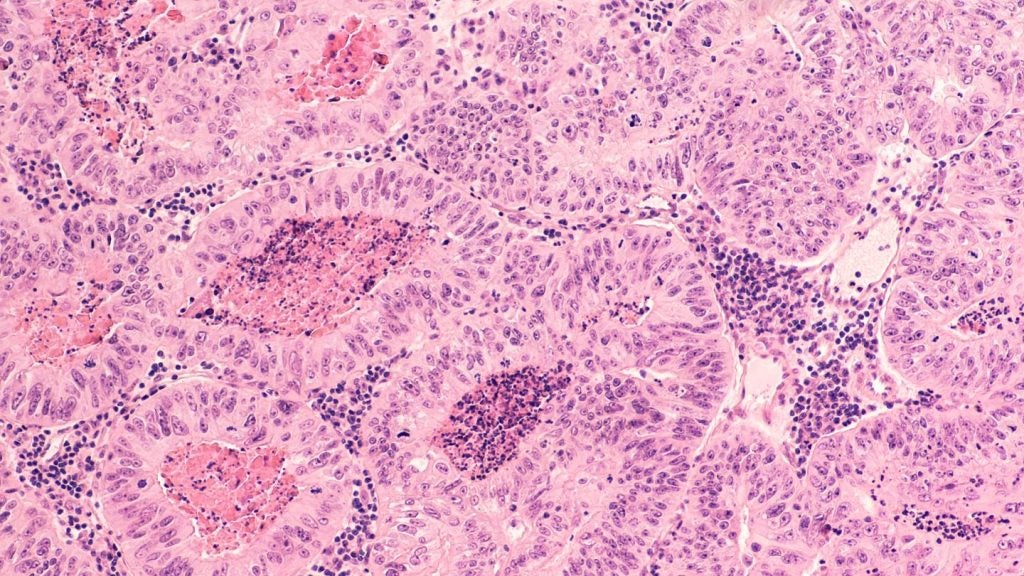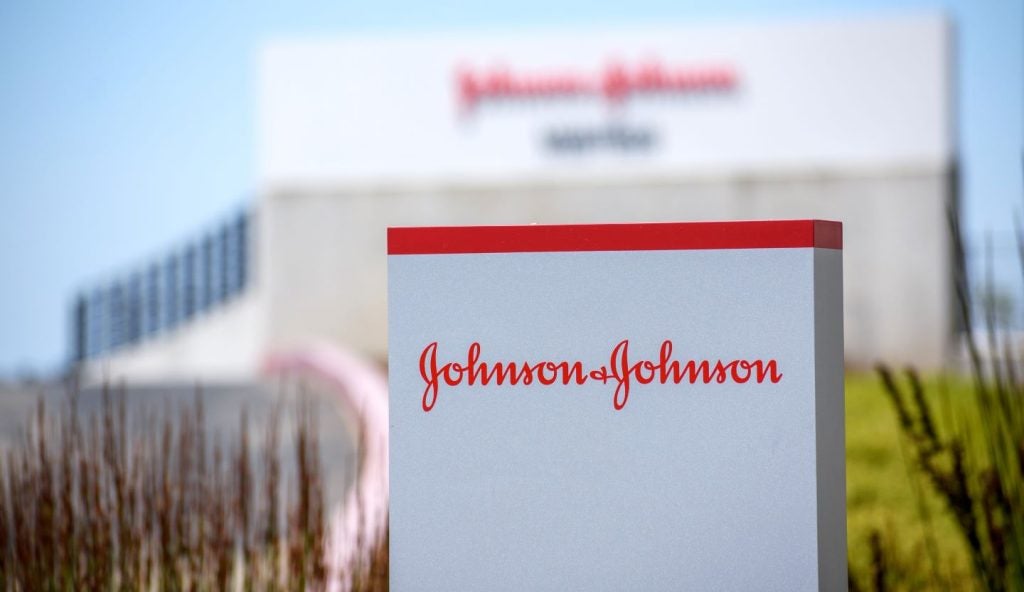The US Food and Drug Administration (FDA) has granted approval for Daiichi Sankyo’s Vanflyta (quizartinib) to treat adults with recently diagnosed FLT3-ITD-positive acute myeloid leukaemia (AML).
The treatment is indicated for use with standard cytarabine and anthracycline induction and cytarabine consolidation, as well as for maintenance treatment after consolidation chemotherapy.
The company noted that Vanflyta is not intended for use as a maintenance monotherapy after allogeneic haematopoietic stem cell transplantation.
An oral type II FLT3 inhibitor, Vanflyta acts on FLT3-ITD mutations. It is claimed to be the first and only FLT3 inhibitor to receive FDA approval for treating FLT3-ITD-positive AML.
This FDA approval marks the third therapy from Daiichi Sankyo’s oncology pipeline to obtain approval in the country.
The latest development was based on findings from the QuANTUM-First trial in which Vanflyta was combined with standard cytarabine, anthracycline induction and standard cytarabine consolidation, and continued as maintenance monotherapy after consolidation.
The treatment resulted in a 22% decline in mortality risk versus standard chemotherapy alone in AML patients.
Daiichi Sankyo oncology business global head, president and CEO Ken Keller stated: “The FDA approval of Vanflyta is an important milestone, as patients with the FLT3-ITD subtype of AML can now be treated with the first-ever FLT3 inhibitor approved across the three phases of treatment these patients typically receive.
“Vanflyta represents the third oncology medicine from Daiichi Sankyo to be approved in the US and reflects our commitment to continuously deliver innovative medicines that improve the current standard of care.”
In May 2023, the Japanese Ministry of Health, Labour and Welfare granted approval for Vanflyta for the same indication.















